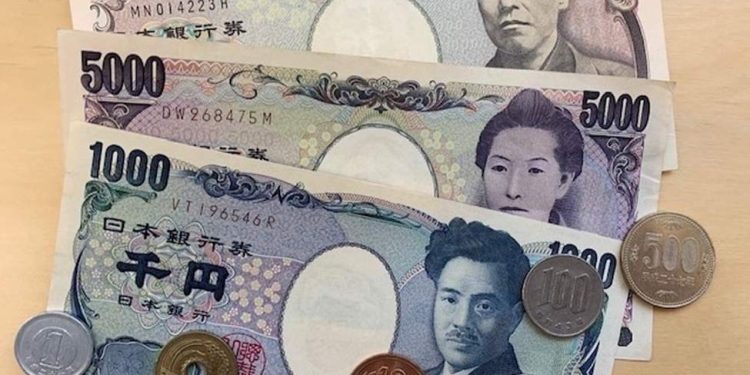Japanese real wages fell for the eighth consecutive month in August as inflation continued to outpace nominal wage growth, adding pressure on the Bank of Japan’s cautious path toward policy normalization.
Government data showed inflation-adjusted real wages fell 1.4% year-on-year in August – the biggest fall in three months – after a downwardly revised 0.2% fall in July. The decline was driven by continued high prices and a sharp 10.5% drop in one-off special payments, such as bonuses, as some companies struggled to match last summer’s payouts.
Nominal wages, or total cash earnings, rose 1.5 percent to an average of ¥300,517 ($1,994), the smallest increase in three months. Regular wages rose 2.0%, while overtime hours – often seen as an indicator of business activity – rose 1.3%, a slowdown from July’s 3% rise.
The consumer inflation rate used to calculate real wages rose 3.1% in August, the lowest rate in 10 months but still more than enough to erode household purchasing power. Despite this, the BoJ maintains that wage hikes will continue next year, although weaker data and the uncertain impact of US tariffs complicate prospects for future rate hikes.
—
Impacts to monitor:
-
FX: Weak wage data reinforces expectations that the BOJ will remain cautious on rate hikes, which will weigh on the yen.
-
Rates: Sluggish real income growth suggests limited inflation persistence, keeping JGB yields capped.
-
Stocks: Consumer sectors could face challenges from weak household spending, while exporters could benefit from a weaker yen.









